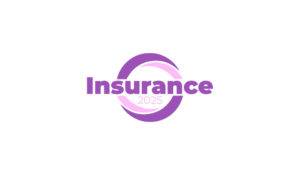8. Business interruption insurance: covering losses due to unforeseen events
As a sole proprietor, you may rely heavily on the income generated by your business. However, what happens if a disaster strikes, and you are forced to temporarily shut down your operations? That’s where business interruption insurance comes in.
Business interruption insurance is designed to cover lost income and operating expenses that occur as a result of an unforeseen event such as a natural disaster, fire, or other covered event. This type of insurance can help you cover expenses such as rent, payroll, and other fixed costs while your business is unable to operate.
It’s important to note that business interruption insurance is typically only available as an add-on to a property insurance policy. Therefore, it’s crucial to discuss your coverage options with an insurance professional to ensure that you have the appropriate coverage in place for your specific business needs.
In addition to covering lost income and operating expenses, business interruption insurance can also help you get your business back up and running as quickly as possible. This may include covering the cost of temporary relocation or equipment rental while your primary location is being repaired or rebuilt.
Overall, business interruption insurance can provide peace of mind and financial protection for your sole proprietorship in the event of an unexpected interruption to your operations.
9. How to determine the right insurance coverage for your business
As a sole proprietor, it’s essential to protect your business with insurance coverage. However, with so many options out there, it can be challenging to determine what type of coverage you need. Here’s how to determine the right insurance coverage for your business:
1. Assess your risks: The first step is to identify the risks your business is exposed to. For example, if you’re a freelancer who works from home, you may not need the same level of coverage as a construction company. Look at the risks that are unique to your business and the industry you’re in.
2. Determine your state’s requirements: Some states require specific types of insurance coverage for businesses to operate legally. Check with your state’s insurance department to see what requirements you need to meet.
3. Evaluate your budget: Insurance coverage can be expensive, so it’s essential to evaluate your budget and determine how much you can afford. Remember that some coverage is better than no coverage, so start with the basics and work your way up as your business grows.
4. Consider your client contracts: Some clients may require proof of insurance before working with you. Review your client contracts to see what type of coverage they require.
5. Consult with an insurance agent: An insurance agent can help you determine the right coverage for your business. They can assess your risks, help you understand your state’s requirements, and provide you with options that fit your budget.
In conclusion, determining the right insurance coverage for your business requires a thorough assessment of your risks, understanding your state’s requirements, evaluating your budget, reviewing client contracts, and consulting with an insurance agent. Taking the time to get the right coverage can protect your business and give you peace of mind.

